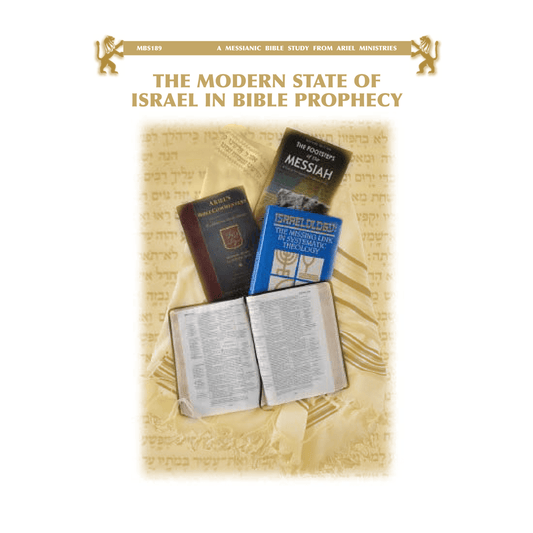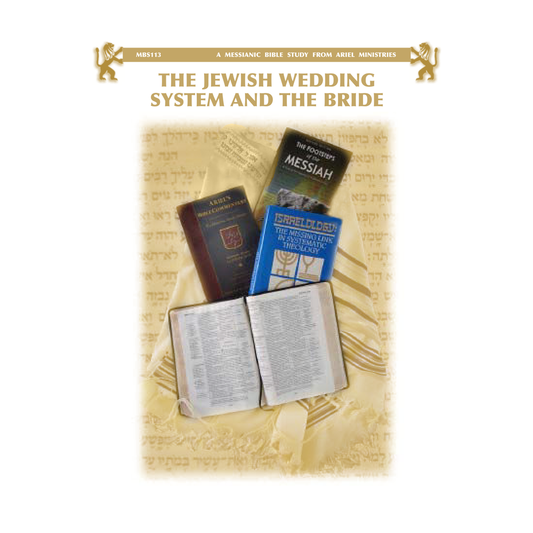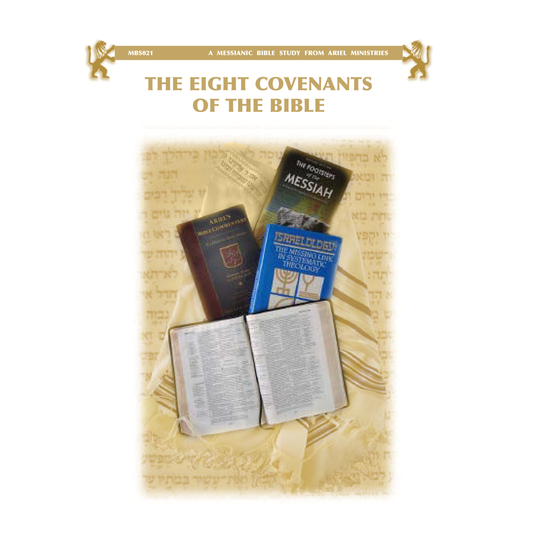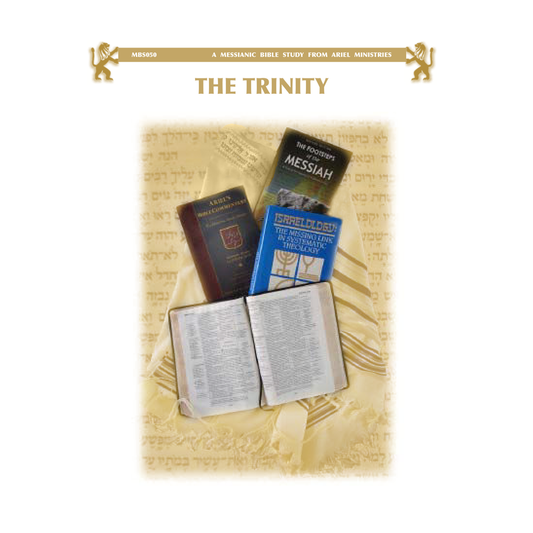Miriam (Mary) gave birth to her first son sometime between the years 7 and 6 B.C., but there is not enough information available to reveal when during that year the Messiah was born. The early church itself was divided as to the exact date of Yeshua’s birth. By the time of Augustine (A.D. 354-430), the Western church had agreed on the December date, which had been introduced a few decades earlier by Constantine and which corresponded to the ancient Roman festival of Saturnalia. The Eastern church fixed both the birthday and the arrival of the magi on January 6th. Especially in Messianic Jewish circles, there have been attempts to prove that Yeshua was born on a Jewish holy day, with Sukkot, the Feast of Tabernacles, being the most popular option. These attempts tend to be emotional reactions to the concept of Christmas Day, and the arguments used are often spurious. The Gospel writers are quick to connect Yeshua with the Jewish festivals. Whatever Yeshua may have said or done on a Jewish festival is freely reported. However, the birth narratives by Matthew and Luke do not mention or even imply that the birth occurred during a feast day. Certainly Matthew, who wrote to a Jewish audience, would have made such a connection if it actually happened. The very fact that neither he nor Luke make such a reference shows that the Messiah was born on an ordinary day, somewhere between 7 and 6 B.C., but the exact date cannot be known.
Now as far as observing Christmas, I personally choose not to do so and choose to focus on the actual holy days mentioned in Scripture. However, I would have no objection to observing Christmas, whether it is celebrated on December 25th or on January 6th. There are those who have the freedom to observe the holiday, and there are others who do not wish to do it. They, too, have the freedom to do what they want. Decisions like these are part of the things that believers should leave to each other since we are free in the Messiah.





